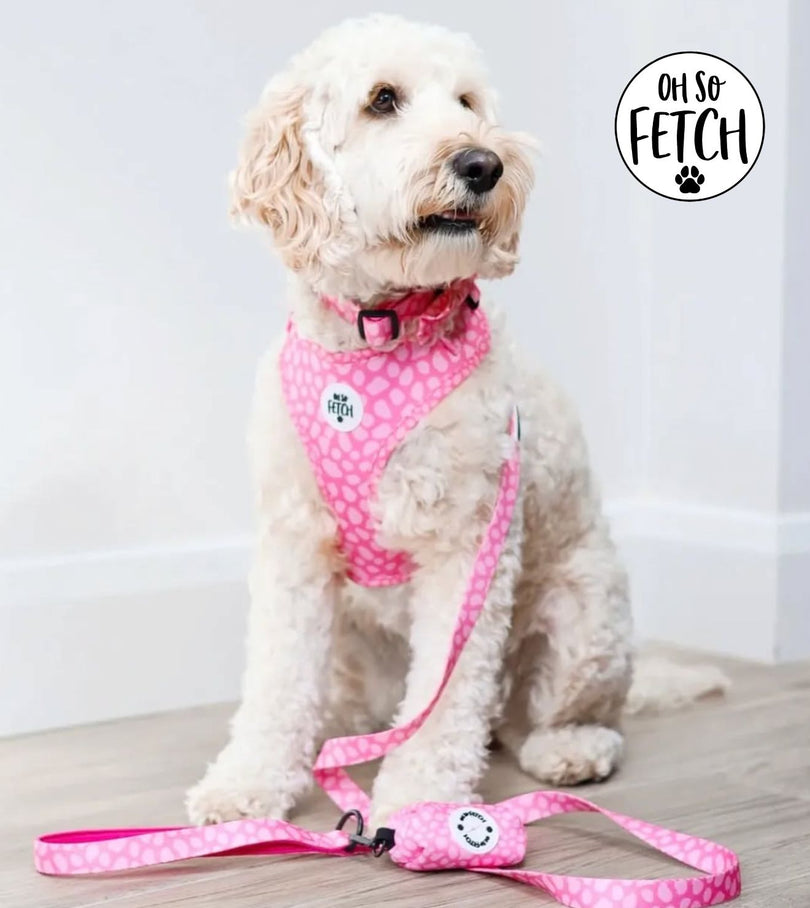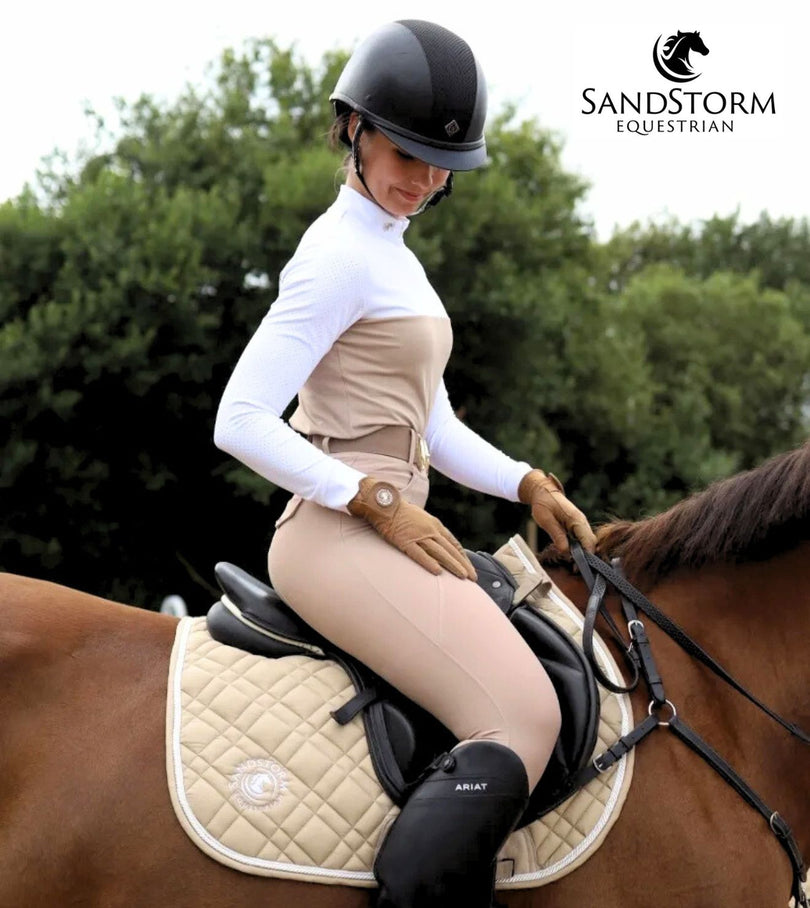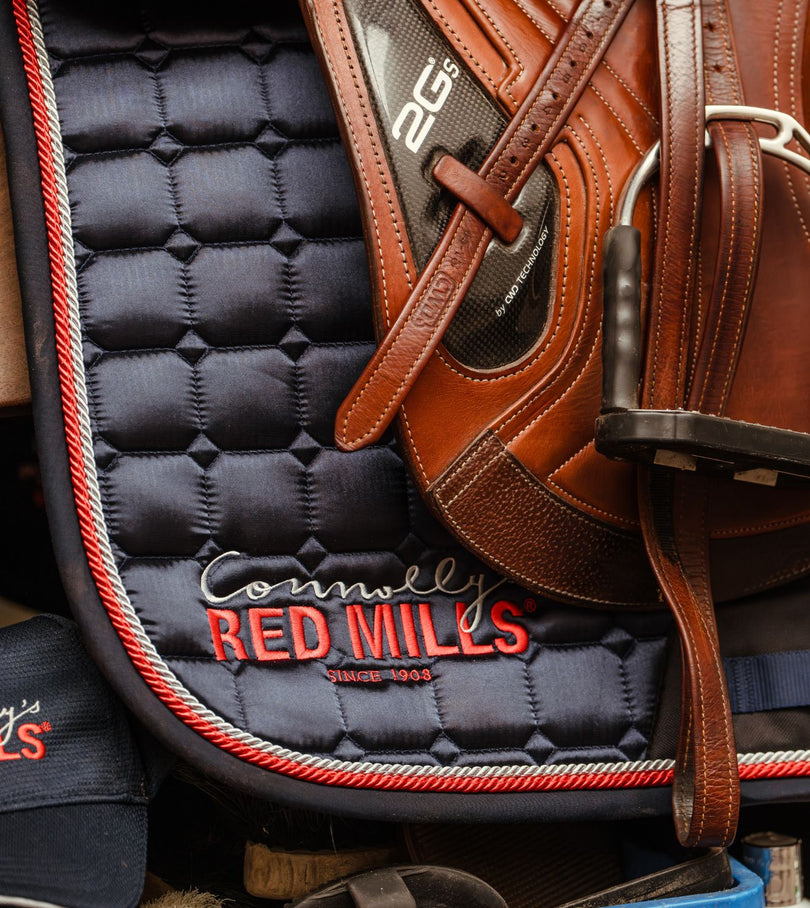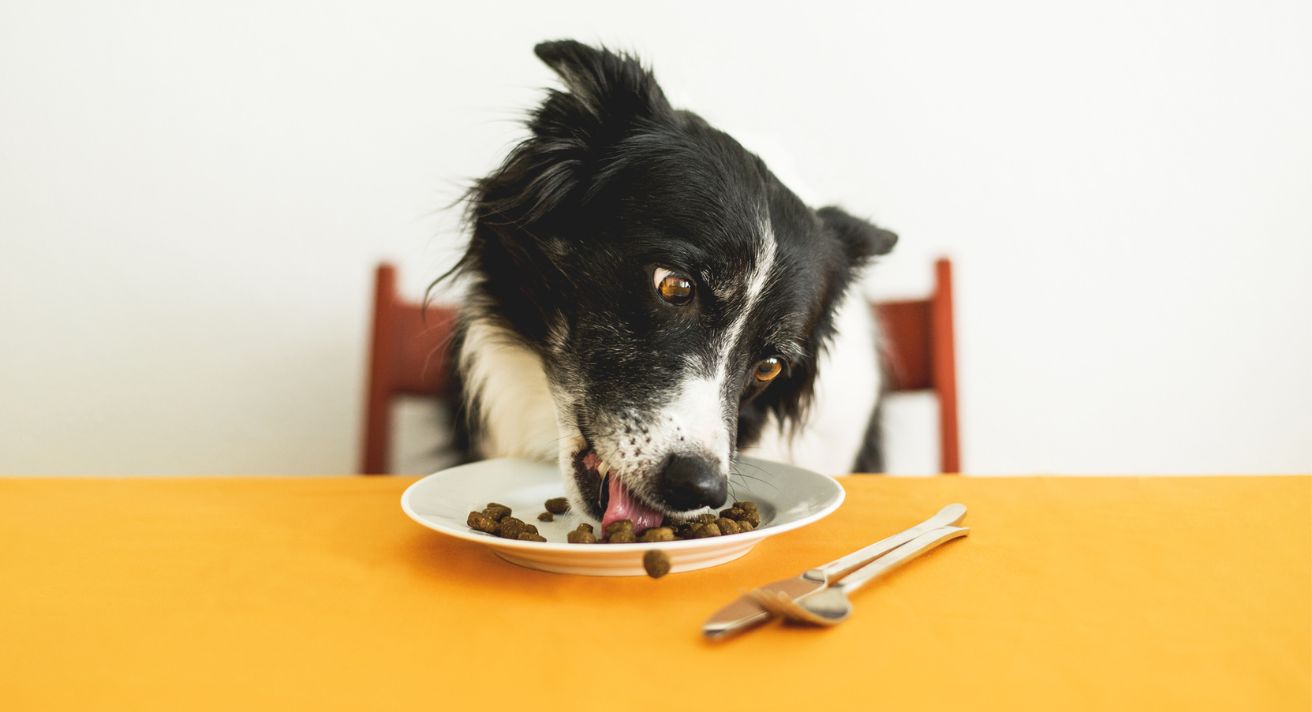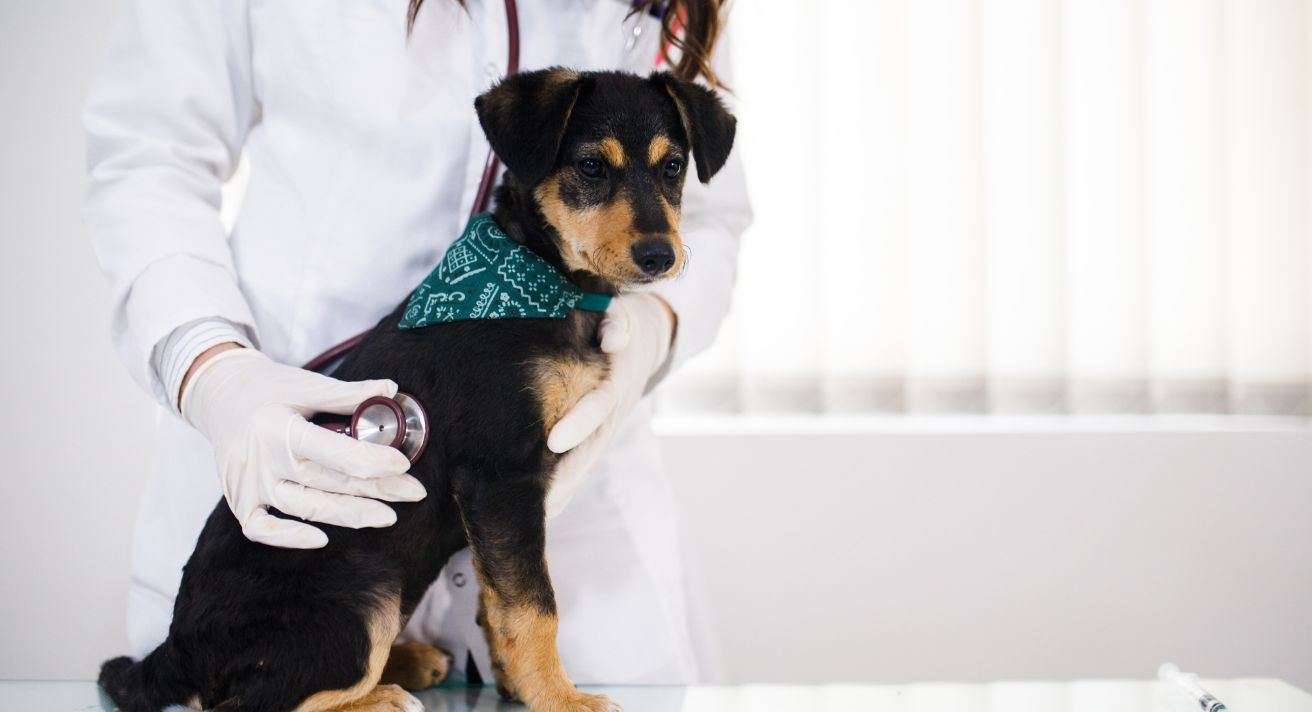If you are wondering how to ensure your dog lives the longest, healthiest life they can, keeping an eye on their weight and fitness is critical. Just like us humans, the key to staying healthy and fit is to get the right amount of the right type of exercise, eat right and avoid stress. We don’t have to be perfect. Both dogs and people aren’t harmed at all by an occasional duvet day or tasty treat. But keep an eye on the big picture to make sure those are balanced by plenty of exercise and healthy food.
Exercise for Your Dog
Daily walks for your dog are important for their physical fitness, but you don’t have to speed walk. Dogs need to stop and sniff as well as toilet on their walks. That sniffing keeps them mentally active, preventing the boredom that causes so much destructive and annoying behaviour. The key is to ensure that they get out enough. Larger working breeds need as much as an hour a day of walking, but most small and medium dogs do great with a half hour a day. You can divide this into two walks a day, say 10 minutes before work and another 20 minutes or longer in the evening.
Play is an important way for your dog to get exercise. Running after a ball or frisbee in the garden – or even in the hall on a rainy day – gives them a more aerobic workout. If you have a large and safely enclosed space for your dog to run, that is ideal. You can also take them outside on a long lead if you don’t have access to an enclosed area.
Healthy Eating for Dogs
Finding a good quality dog food made with wholesome ingredients that offers the right balance of nutrition for your dog is not the hard part. You have great options, with a lot of different foods specifically geared to dogs based on their size, age, and activity level. The hard part is resisting the urge to load them up with treats. Of course your dog wants to share your dinner – but even if it is healthy for you, it isn’t good for them.
The best thing to do is to offer them healthy treats that meet their nutritional needs instead of giving them bits of your food. Training treats are designed so you can give your dog plenty of them without feeding them excessive calories.
Stress and Your Dog’s Weight
Stress takes a toll on our bodies, human and canine. In dogs, it can lead to inappropriate chewing, excessive barking, and even those awkward attempts to hump people’s legs. It can also cause shedding and hot spots on their skin. We’re only starting to understand how chronic stress contributes to excessive weight gain in people, but it wouldn’t be surprising if dogs were similar. If the body thinks it is in extreme circumstances, it will hoard fat to get it through periods of hunger. This could really affect some rescue dogs who didn’t have regular access to food.
Keeping a regular schedule for feeding and walking will go a long way toward helping your dog feel secure and relaxed. Make time every day to relax with your dog, petting them and talking to them. It will do both of you a world of good by helping to manage your stress levels.
If despite making these efforts, you are concerned that your dog is overweight or underweight, talk to your vet. They might need a special diet to reach and maintain a healthy weight.
By Irene Hislop







